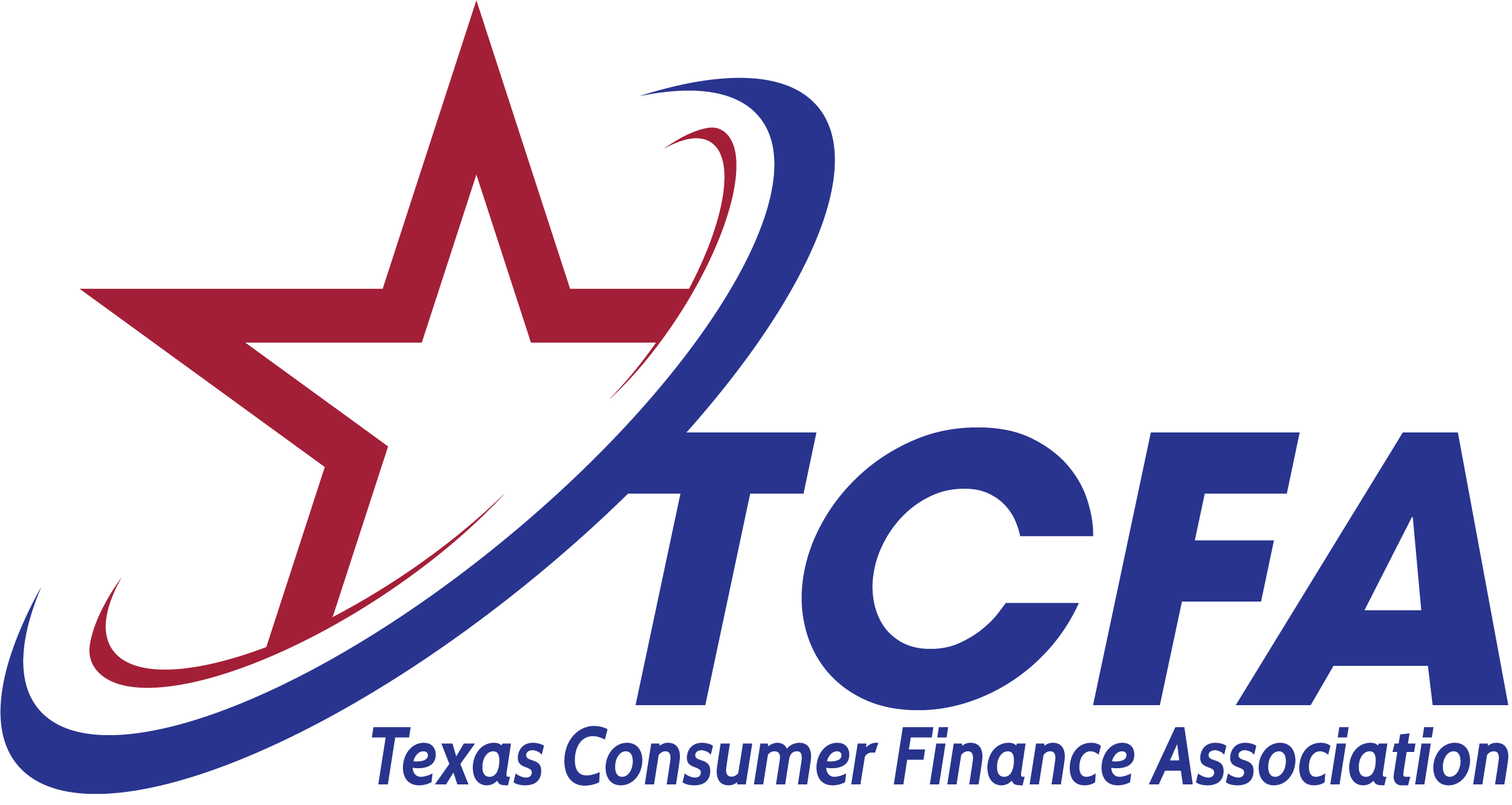SESCO: Employer Vaccination Programs

SESCO: Employer Vaccination Programs and New EEOC COVID-19 Guidance
The U.S. Equal Employment Opportunity Commission (EEOC) has updated its COVID-19 guidance, offering additional instruction as to whether and when an employer can require its employees to obtain a COVID-19 vaccine. According to the new EEOC guidance, employers may put in place mandatory programs that require employees to receive a COVID-19 vaccination, subject to certain exceptions and other conditions to address accommodations for disabilities and religious beliefs.
Employers May Mandate Vaccination. The EEOC’s guidance makes clear that a COVID-19 vaccination itself is not a medical examination so employers may mandate vaccinations without violating the Americans with Disabilities Act (ADA).
Employers Must Consider Accommodations for Disabilities and Religious Beliefs. Federal law requires employers to provide reasonable accommodations to applicants or employees that object to receiving a vaccination because of a disability or religious beliefs, unless the accommodation would impose an undue hardship on the employer.
Administering the Vaccine. As noted above, requiring employees to take the COVID-19 vaccine is not prohibited under the ADA, but the ADA does prohibit employers from making disability-related inquiries that are not “job-related and consistent with business necessity.” Because pre-screening vaccination questions are likely to elicit information about an employee’s disability, employers should make sure that they meet this standard if they intend to administer the vaccine directly or by contracting with a third party to have the vaccine administered. The EEOC outlined two exceptions to the pre-screening rule.
- First, it would not apply if the employer required the vaccine, but the employee received it from a non-employer related third party, like the employee’s own health care provider or a pharmacy.
- It would also not apply if the employer offered the vaccine on a voluntary basis, because then answering the pre-screening questions would also be voluntary.
If an employer does administer the vaccine or contracts with a third party to do so, it must ensure that it keeps any information obtained through the pre-screening process (or otherwise) confidential.
The EEOC’s guidance clearly states that requiring an employee to provide proof of a COVID-19 vaccination is permissible.
